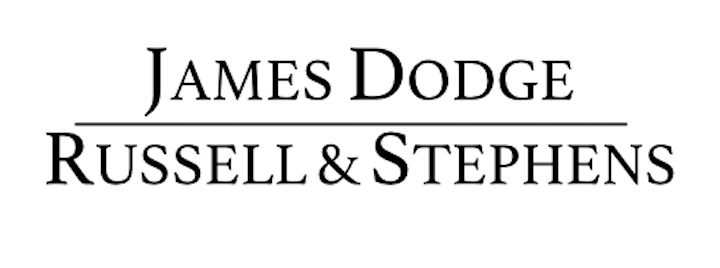Qualifying For Federal Trademark Protection
Is your trademark at risk of infringement? Why does it matter? Your trademark gives notice to consumers and your potential clients that you are providing a certain quality service or product. Your trademark can become a valuable asset to your business, especially if it is registered with the United States Patent and Trademark Office (USPTO). Registration of your trademark will protect your exclusive use of it and the right to sue for infringement.
State And Federal Trademark Protection Is A Complex Process
Not all trademarks will qualify for exclusive use protections. Your surname, for example, will likely not qualify for a trademark under USPTO regulations. When your trademark application has been approved, you must maintain your registration regularly. Failing to file a Declaration of Use after five years of use can result in loss of your right to use your trademark.
Trademark registration for valid marks gives priority of use to a registrant. In an infringement claim, the court will look to this registration, but also considers factors such as likelihood of confusion in the marketplace, the location where the services or goods connected with the trademark in question are sold and advertised, evidence of actual confusion, among other factors.
Defending your trademark through litigation may be beneficial to preserve your exclusive right to use of business’s trademark. On the other hand, if you have received a complaint for trademark infringement, speak to an attorney. In either case, our highly experienced attorneys at James Dodge Russell & Stephens will provide trusted legal advocacy to protect your best interests.
Speak To Our Attorneys About Trademark Infringement
The unauthorized use of your exclusive trademark could result in significant losses for your business. Call James Dodge Russell & Stephens in Salt Lake City, UT at 801-363-6363 or send us an email for a consultation with our team of trial attorneys. We offer practical advice and counsel and resolve disputes efficiently through negotiation, arbitration and litigation.
